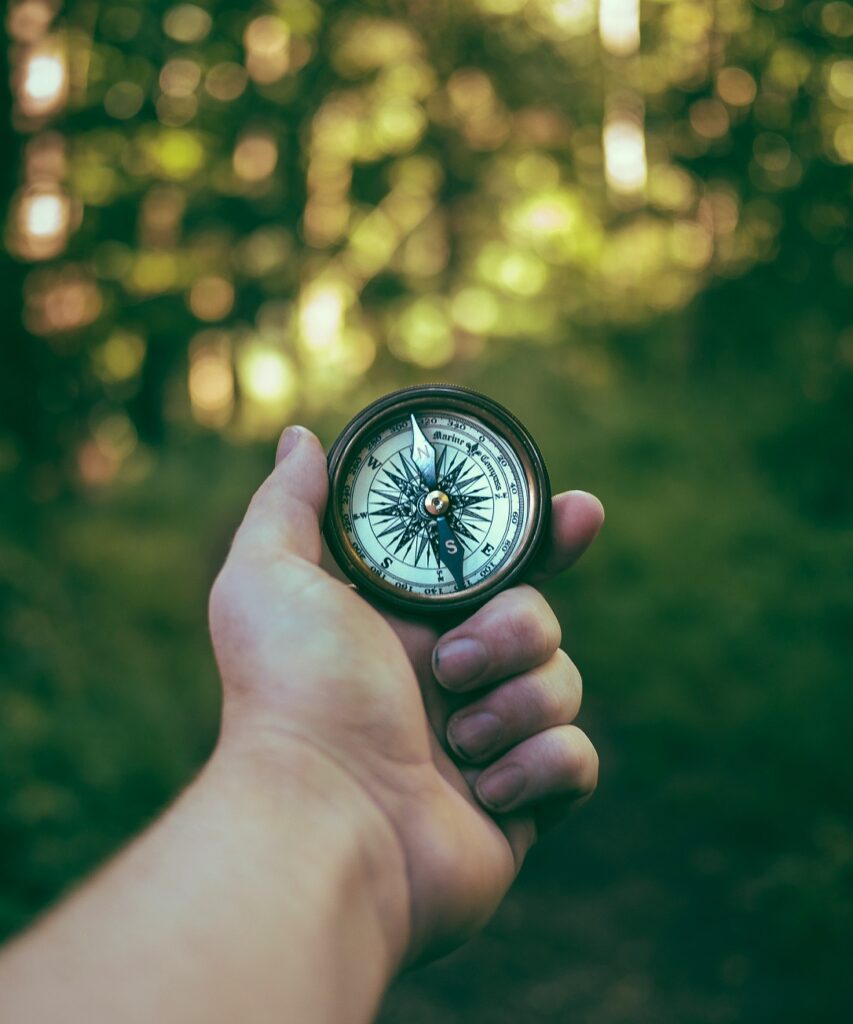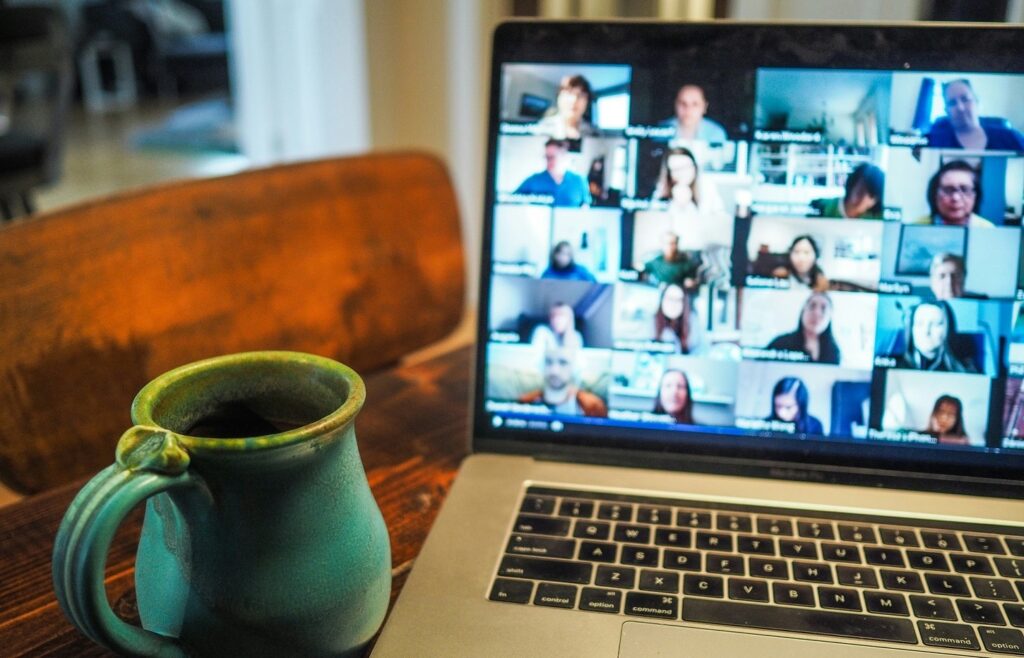Our initiatives include the virtual pro bono Ask a Mediator Clinic, workshops and presentations to interested groups by our Speakers Bureau volunteers, as well as public events to encourage better understanding of conflict resolution options.
We are also connected to the wider justice sector and various public legal education and information organizations for effective referrals to appropriate community services and resources.
Our aim is to help guide people in conflict to appropriate resources and allow them to choice the options best suited to them.


We offer a free, virtual space and time to Ask a Mediator about the mediation process and whether it may be helpful to your issues, whether they be housing, workplace, family conflicts or business related. The clinic is offered twice a month and staffed by volunteer mediators.

We are happy to present or facilitate a workshop for groups for all sizes. If you are interested, please contact us.
Let us know a bit about your group, your goals for this session, what timeframe and format you prefer. A staff member will connect with you to discuss further.

Please contact us if you are in a conflict situation and have questions about whether and how mediation can help you. Our staff are trained to give information on collaborative conflict resolution processes and make referrals to other appropriate services, as needed.

We often host open events to encourage discussion about conflicts and managing them collaboratively. Fell free to see what might be coming up and join us to learn more about conflict resolution and meet some of the professionals.

Please contact us if you would like a Registered Roster Mediators (RRMs) or Associate mediators to speak at an event. Our staff can discuss how our Speakers Bureau volunteers can present on topics they are experts in at low or no cost.
Have you had a legal problem that you needed solved? We want to hear from you!
UBC is sharing a 10-question survey that explores peoples’ experience finding and using free legal information, education, and resources to solve their legal problem (this includes the support of a legal advocate or free legal clinic). The survey will be open until February 28, 2025.
We want to hear from people who:
Mediate BC serves communities across the lands of many Indigenous peoples, unceded, unsurrendered, and treaty. We are committed to advancing Indigenous sovereignty, inherent rights and self-determination. In order to do this, we commit to deepening our understanding of the histories and cultures of Indigenous peoples and the ongoing effects of colonization. Further, we commit to developing meaningful dialogue and relationships founded on respect.